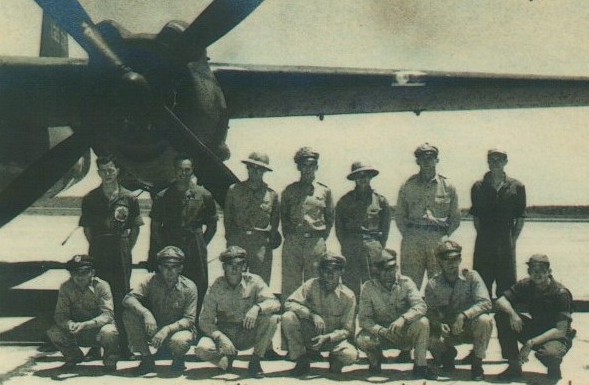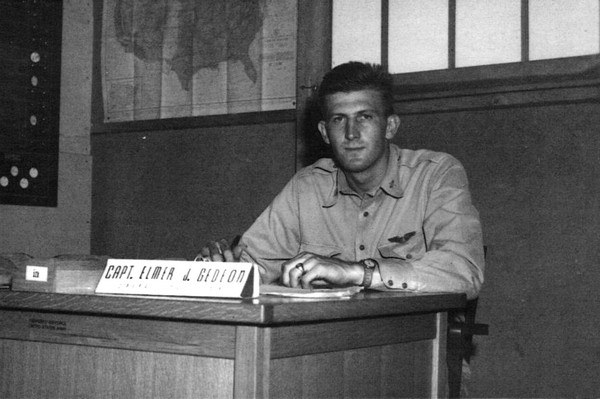

|
|
Those Who Died That Others Might Be Free
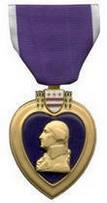
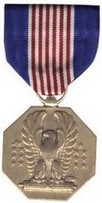 Elmer Gedeon
Elmer Gedeon
Date and Place of Birth:
April 15, 1917 Cleveland, Ohio
Date and Place of Death: April 20, 1944 St Pol, France
Baseball Experience: Major League
Position: Outfield
Rank: Captain
Military Unit: 586th Bomb Squadron, 394th Bomb Group USAAF
Area Served: European Theater of Operations
“I had my accident. It’s
going to be good flying from now on,” Elmer Gedeon told his cousin,
Bob, in 1942. Less than two years later, Gedeon was killed in action
when his bomber was shot down over the battlefields of
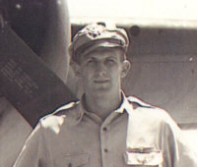
At 6-foot-4, he was a naturally gifted athlete and played baseball
and football at
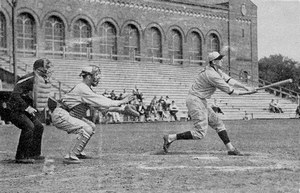 |
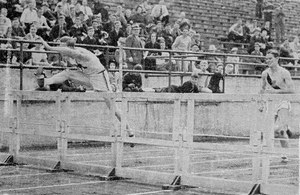 |
| Elmer Gedeon at the University of Michigan | |
Gedeon played 67 games for the Orlando Senators of the Florida State
League and batted .253 before joining the Senators at the end of the
season. His first major league appearance was on September 18, 1939
as a late-inning replacement in Dutch Leonard's 19th win of the
season against the Tigers. The following day, Gedeon was the
starting centerfielder, collecting three hits in a 10-9 win against
the Indians. He would appear in five games before the year was out –
four in centerfield and one in rightfield –collecting three hits in
15 at-bats.
In 1940, Gedeon was with the Senators for spring training but spent
the season with the Charlotte Hornets of the Piedmont League where
he hit .271 in 131 games with 11 home runs. He was recalled to
Gedeon served as
assistant football coach at
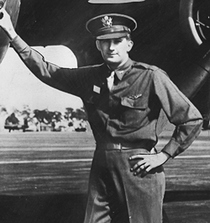
"Shortly there after, two officers showed up and gave Gedeon orders
to get ready to play baseball. Elmer asked to borrow my tennis shoes
as he had not brought his baseball spikes with him."
Around Memorial Day, 1941, Gedeon transferred to the Army Air Corps.
He earned his pilot's wings and a commission as a second lieutenant
at Williams Field near
|
|
| Gedeon at Ardmore Army Air Field in Oklahoma, 1943 (Gedeon is back row, second right) |
With his wounds healed, Gedeon was promoted to first lieutenant and
awarded the Soldiers' Medal for his heroics in a ceremony at MacDill
Field that was conducted by Major General St Clair Streett,
commanding officer of the Third Air Force. The citation stated in
part: "After extricating himself, Lieutenant Gedeon, regardless of
the fact that he had suffered broken ribs and severe shock,
re-entered the burning wreckage and removed Corporal John R Barrat,
a fellow crew member, who had been rendered helpless, due to having
received a broken back and broken leg in the crash. Corporal Barrat
would have been burned to death had it not been for the unselfish
action of Lieutenant Gedeon, who, in addition to his other injuries,
received severe burns on his back, right arm and right leg. The
heroism displayed by Lieutenant Gedeon on this occasion reflects
great credit upon himself and the military service."
|
|
| Captain Gedeon at Boreham Airfield in England, 1944 |
In July 1943, Gedeon began
training on Martin B-26 Marauders at Ardmore Army Air Field in
In February 1944, Captain Gedeon arrived at Boreham Airfield in
The 394th Bomb Group's historian, J Guy Ziegler, later wrote that Gedeon "was one of the most popular officers in the group."
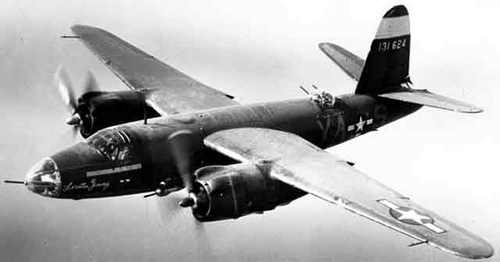
Taaffe was the only crew member able to escape the flame-engulfed
airplane. As he descended by parachute and captivity at the hands of
the Germans, he watched the bomber smash into the ground, carrying
Gedeon and five others to their death.
Gedeon was reported missing in action, and it
was not until May 1945 that his father, Andrew A Gedeon, received
word from his son's commanding officer that Elmer's grave had been
located in a small British army cemetery in St Pol, France.
On May 30, 1946, a memorial service was held
before the Charlotte Hornet's game, to remember Elmer Gedeon and
also Forrest "Lefty"
Brewer, both killed in WWII.
Elmer Gedeon's body was later returned to the
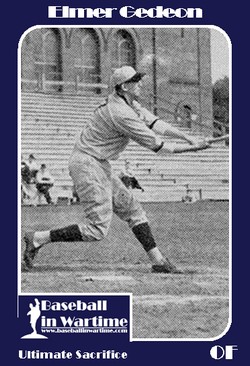
Thanks to James Taaffe, the University of Michigan and Pete Ridges for help with this biography.
Added August 17, 2006. Updated September 3, 2008.
Copyright © 2008 Gary Bedingfield (Baseball in Wartime). All Rights Reserved.
